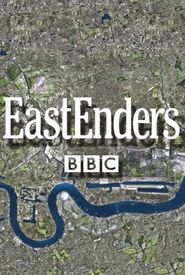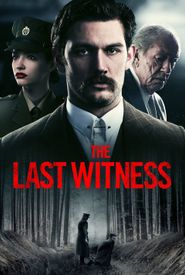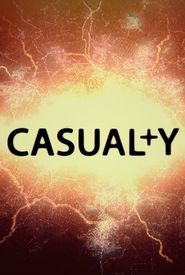Piotr's film career began to gain momentum with the UK release of his first feature film, "Small Time Obsession", which garnered attention from prominent critics. Variety and The Guardian both described Piotr as "a director to watch", marking the beginning of his reputation as a talented filmmaker.
Piotr's second feature film, "The Last Witness", was released to great acclaim, with a theatrical run on 156 screens in Poland, as well as digital and DVD releases in the UK and US. The film won an impressive 44 awards and was selected to screen at numerous film festivals worldwide, including Los Angeles, New York, Chicago, Toronto, and Sydney.
Despite having no formal training in film and television, Piotr's first break came in 1989 when he worked as an intern at MTV Europe's News Department. He later joined Sky TV as an intern in Sky Movies and secured a job as an interstitial producer/director. Piotr co-created the film magazine show "Xposure" in September 1992, which was later re-named "The Movie Show" in January 1994. The show was initially presented by Nadia De Lemeny and Rob Brydon, followed by Richard Jobson. Piotr directed the show from August 1993 to January 1995, including special reports from major film festivals in New York, Los Angeles, Cannes, Berlin, and Edinburgh.
In 1994, Piotr created the short film "Let Sleeping Dogs Lie", which won the Best British Film Award at the Institute of Amateur Cinematographers in 1995. The film was also selected to play at the Barcelona Film Festival and screened on Sky TV in October 1997.
Piotr left Sky in January 1995 to work as a freelance director and editor, while writing and producing "Small Time Obsession". He then focused exclusively on UK TV drama, directing many top-rated shows while continuing to develop feature films, culminating in the co-writing and directing of "The Last Witness".
Piotr's family history is marked by tragedy and displacement. His parents were born in Poland but were deported during World War II, with his father and family sent to Austria as forced labor and his mother and family sent to Siberia as enemies of the state. Piotr's grandfather was executed in the Katyn Massacre in 1940. After the war, Piotr's mother and father found themselves in England, unable to return to Poland due to Soviet occupation and communist rule. They remained in England as political refugees, along with many of their fellow countrymen and women.





















